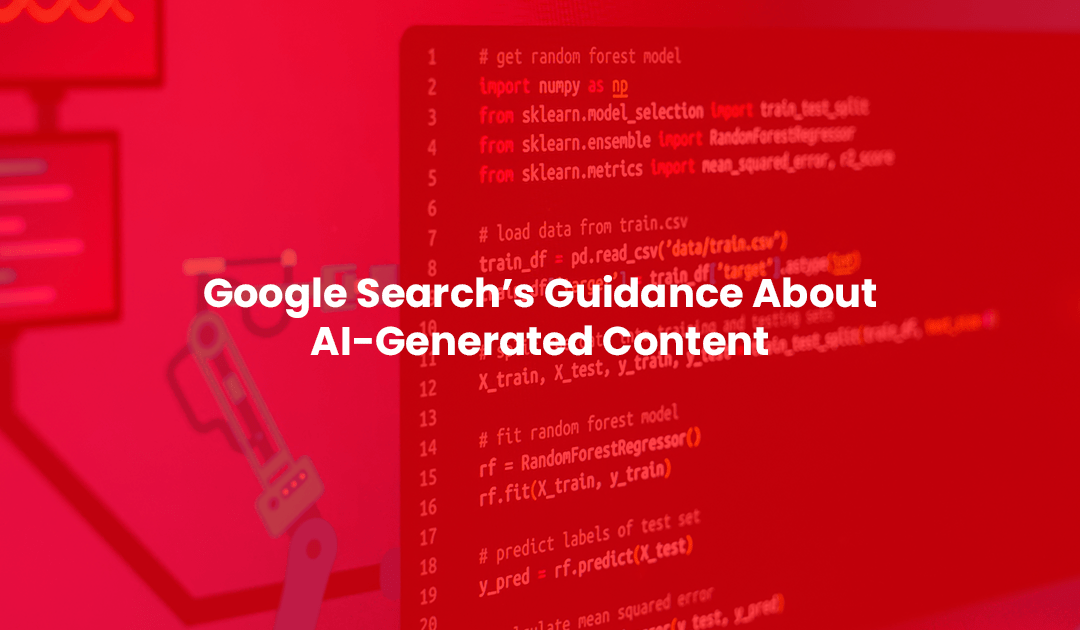Google emphasizes the importance of high-quality content in Search, regardless of how it’s produced. The company’s ranking systems prioritize content that demonstrates expertise, experience, authoritativeness, and trustworthiness (E-E-A-T).
While automation, including AI, has been used to generate content, Google’s stance is clear: content created primarily to manipulate search rankings is a violation of their spam policies.
However, not all automated content is considered spam. Automation has been beneficial in producing helpful content like sports scores, weather forecasts, and transcripts. Google encourages creators to focus on producing original, high-quality content that prioritizes the audience.
Guideline For Webmasters:
Quality Over Production Method: Google’s ranking systems reward content based on its quality, not how it’s produced. The focus should be on originality and the E-E-A-T criteria: expertise, experience, authoritativeness, and trustworthiness.
Avoid Spammy Practices: Using automation or AI to generate content primarily for manipulating search rankings is against Google’s spam policies. Google has systems, like SpamBrain, to detect and counter such efforts.
Positive Use Of Automation: Not all automated content is spam. Automation can be used to produce valuable content. AI can be a tool to help creators produce high-quality content for the web, offering new levels of expression and creativity.
Advice For AI-Generated Content: If you’re considering using AI for content generation:
- Ensure the content is original, high-quality, and people-first, aligning with the E-E-A-T criteria.
- Evaluate your content based on “Who, How, and Why” it’s produced. This will help align with what Google’s systems reward.
From FAQs:
AI Content & Google’s Guidelines: Proper use of AI or automation isn’t against Google’s guidelines. However, using it primarily to manipulate search rankings is against their spam policies.
AI Content Ban: Google doesn’t ban AI content. Automation has been used to produce valuable content, and AI can assist in this.
Addressing Poor Quality AI Content: Google has systems to determine the helpfulness of content and elevate original news reporting. These systems are regularly improved.
Addressing Misinformation: Google’s systems aim to surface high-quality information from reliable sources, especially on critical topics like health and finance.
Detecting AI-Generated Spam: Google uses systems like SpamBrain to identify spam content, regardless of how it’s produced.
Ranking Of AI Content: Using AI doesn’t guarantee high rankings. Content must be useful, helpful, original, and satisfy E-E-A-T criteria.
Using AI For Content Generation: If AI helps produce helpful and original content, consider it. If it’s seen as a way to game search engine rankings, avoid it.
Author Bylines: Consider having accurate author bylines, especially where readers might expect it. For Google News publishers, bylines and author information are essential.
AI Or Automation Disclosures: Add these disclosures for content where it’s relevant for readers to know how the content was created.
Listing AI As Author: It’s not recommended to list AI as the content’s author. Instead, make it clear to readers when AI is part of the content creation process.
Source: Google Search Central Blog

